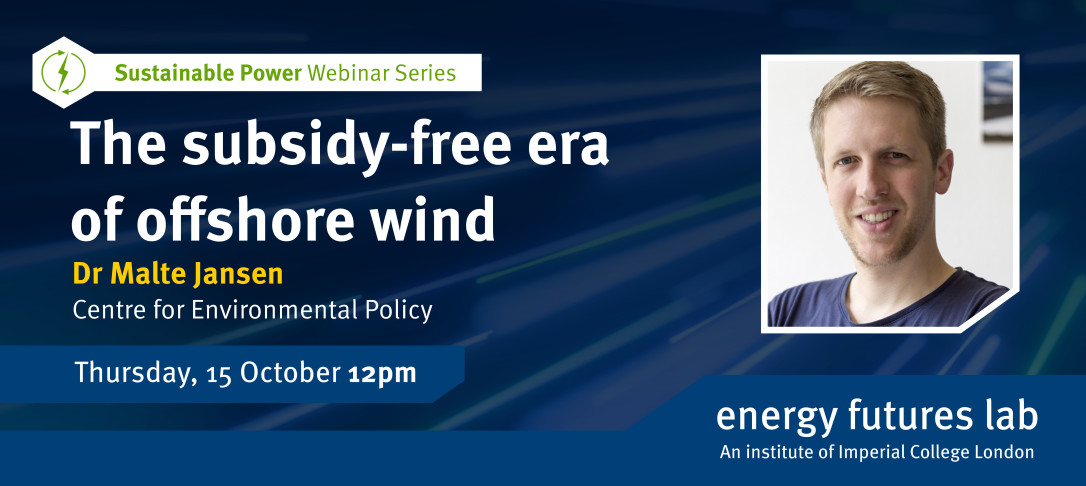
Abstract
Offshore wind energy development has been driven by government support schemes. However, recent cost reductions raise the prospect of offshore wind power becoming cheaper than conventional power generation. Many countries use auctions to provide financial support; however, differences in auction design make their results difficult to compare. In our Nature Energy article, we harmonize the auction results from five countries based on their design features, showing that offshore wind power generation can be considered commercially competitive in mature markets. Between 2015 and 2019, the price paid for power from offshore wind farms across northern Europe fell by 11.9 ± 1.6% per year. The bids received in 2019 translate to an average price of €51 ± 3 MWh−1, and substantially different auction designs have received comparably low bids. The level of subsidy implied by the auction results depends on future power prices; however, projects in Germany and the Netherlands are already subsidy-free, and it appears likely that in 2019 the United Kingdom will have auctioned the world’s first negative-subsidy offshore wind farm.
Biography
Malte is a Research Associate specialising in energy systems with high shares of renewables at the Centre of Environmental Policy at Imperial College London. He works on Project 6 of the IDLES programme, working towards energy market design that aligns investor, customer and societal objectives. Malte is an expert in renewable and conventional power plant technology, energy market design, econometric modelling and sustainable energy engineering and wind power forecasting. His research has shown large impact in the public domain and his commentary has appeared in the Financial Times, Der Spiegel, New Scientist, neue energie, EW Magazin, detektor.FM, ZfK and energate messenger. Previously, Malte worked as part of the research team at Fraunhofer IWES (now IEE) in Germany, focussing on energy market design and the markets for ancillary services. His input to energy market reform in Germany directly shaped the rules for future market design, allowing renewables to contribute towards power system security.
About Energy Futures Lab
Energy Futures Lab is one of six Global Institutes at Imperial College London. The institute was established to address global energy challenges by identifying and leading new opportunities to serve industry, government and society at large through high quality research, evidence and advocacy for positive change. The institute aims to promote energy innovation and advance systemic solutions for a sustainable energy future by bringing together the science, engineering and policy expertise at Imperial and fostering collaboration with a wide variety of external partners. The Energy Futures Lab daytime seminars are delivered by staff and students from across the College and further afield.